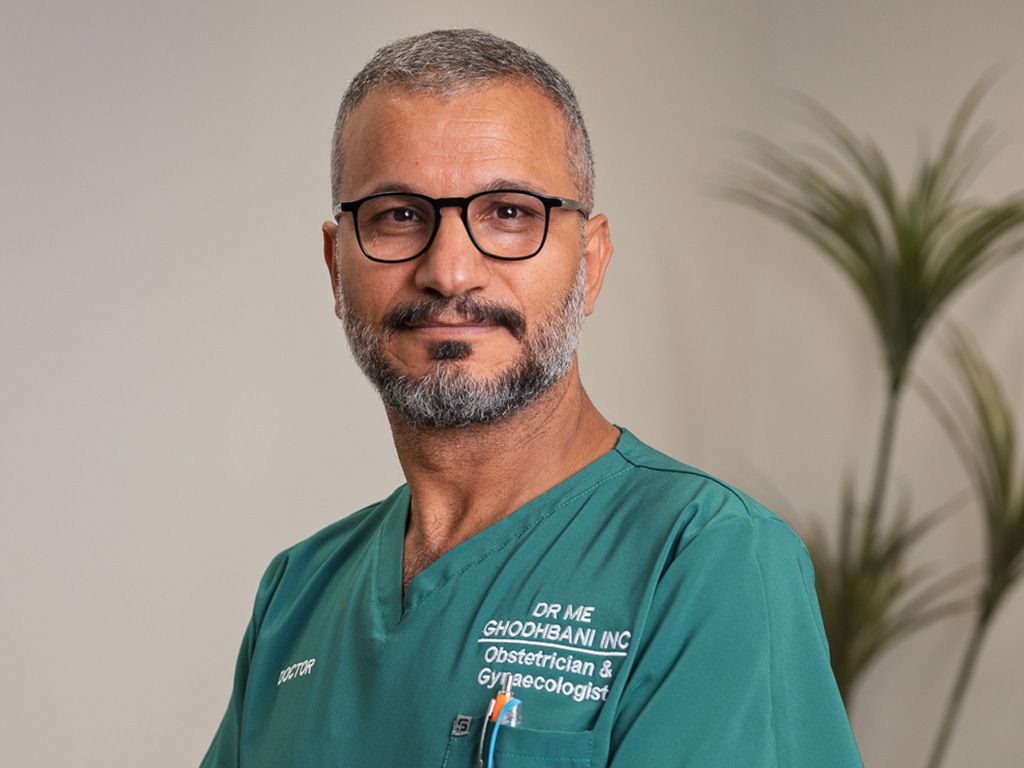COVID-19 won’t stop medicine deliveries
Drickus Maartens • April 14, 2020
Medicines, chronic medicines in particular, are a lifeline for a significant proportion of the South African population. The COVID-19 outbreak
has raised pertinent questions around how those practising social distancing measures can continue to access to their medicines while avoiding unnecessary contact with other people. Fortunately, Medipost Pharmacy with its logistics expertise, offers practical precautions to allow delivery of medicines, safely and undisrupted, for those who would rather avoid standing in pharmacy queues.
“Most Medipost Pharmacy
patients have always received their chronic medicines without having to set foot in a pharmacy with other people. With recent calls for people to avoid close contact with others to help prevent the spread of COVID-19 infection, this method of receiving medicines makes sense now more than ever,” says Medipost Pharmacy’s Chief Executive Officer Louis Scheepers.
“As South Africa’s largest national courier pharmacy, we have implemented solid contingency plans and precautions so that our patients and the healthcare providers we supply can rely on us during the COVID-19 outbreak.
“Many older people and others who may be more vulnerable to more severe complications of COVID-19, and increasingly members of the general public, are concerned about visiting public places and pharmacies in person, and are practising self-isolation or social distancing to reduce their risks of infection.
“Our message to such individuals is that we stand ready to deliver their medication and health-related products, in line with strict hygiene measures to prevent contamination for the safety of all concerned.”
Medipost Pharmacy currently serves some 400 000 medical scheme members on average each month, with their personal medicine parcels either delivered to the address of choice, or ready for the patient to collect from pick up points. It also provides oncology medication and other vital pharmaceutical supplies to healthcare providers.
“In light of the risk of contamination associated with COVID-19, we have stepped up hygiene precautions to ensure that deliveries are handled with even more care than usual. As well as the meticulous hygiene precautions that are standard in the preparation and handling of medicine parcels, delivery personnel are now equipped with facemasks and sanitisers that have a minimum of 70% alcohol base.”
Further, they are all working under instruction to meticulously sanitise their hands and any materials used in the delivery process, before and after every delivery, and their vehicles are regularly cleaned and disinfected. Sanitiser bottles also have to be kept within vehicles to reduce risk of contamination, and contact with patients and their home surrounding will be limited to an absolute minimum.
“In terms of continued medicine and other supplies availability, we are in constant contact with manufacturers and suppliers. All have assured us that they have enough stock and foresee no difficulties, but of course we are keeping a close eye on the developing situation,” Scheepers adds.
As an additional safeguard, Medipost Pharmacy makes use of in-house courier service MediLogistics, which was established in 2012 to provide end-to-end control over the courier pharmacy service process. While there is no requirement at present for courier services handling medicines to be registered with regulatory authorities, MediLogistics already follow principles of Good Pharmacy Practice when delivering medicines and has implemented new safety precautions to prevent COVID-19 infection.
Group Chief Executive Officer of Medipost Holdings, Noel Guliwe, says the organisation has prepared extensively in terms of hygiene precautions and strategies for infection prevention.
“In addition, we have developed various scenario-based plans, which will be rolled out as needed to ensure we are able to continue to serve your needs when you need us most,” he says.
“This continuum of care ensures ongoing professional compliance with specified conditions for various types of medicines, and serves as a built-in contingency in the event of any unforeseen interruption of third-party delivery services,” Guliwe adds.
Some Medipost Pharmacy patients collect their chronic medicines from pick up points or their doctor’s practice, and at these facilities sanitiser with 70+% alcohol is also being used to reduce the risk of transmission. In addition with social distancing practised as far as practically possible.
Doctor practice collection points are an important service to improve access of chronic medication in areas where limited healthcare services are present and further supports adherence, which is as crucial as ever in light of COVID-19, as patients can conveniently collect their prescription medicines from their doctor’s premises. Strict confidentiality measures, including the fact that there is no indication of the parcel contents on the external packaging, ensure that patient privacy is protected.
Apart from dispensing prescription medication, Medipost Pharmacy also offers other health-related products, health-related items such as ostomy and urology appliances, as well as continence care products.
Medipost Pharmacy has made it easier than ever to order self-medications and any other monthly medicine from the privacy of your own home. Simply visit shop.medipost.co.za
and register a profile to start using this convenient service.
“These additional measures provide peace of mind for healthcare professionals and patients alike as we face this new global health challenge. We remain ready to continue doing what we do best and are adapting our service to ensure we can make it as easy as possible to receive your medicines and health supplies at your convenience,” Scheepers concludes.













